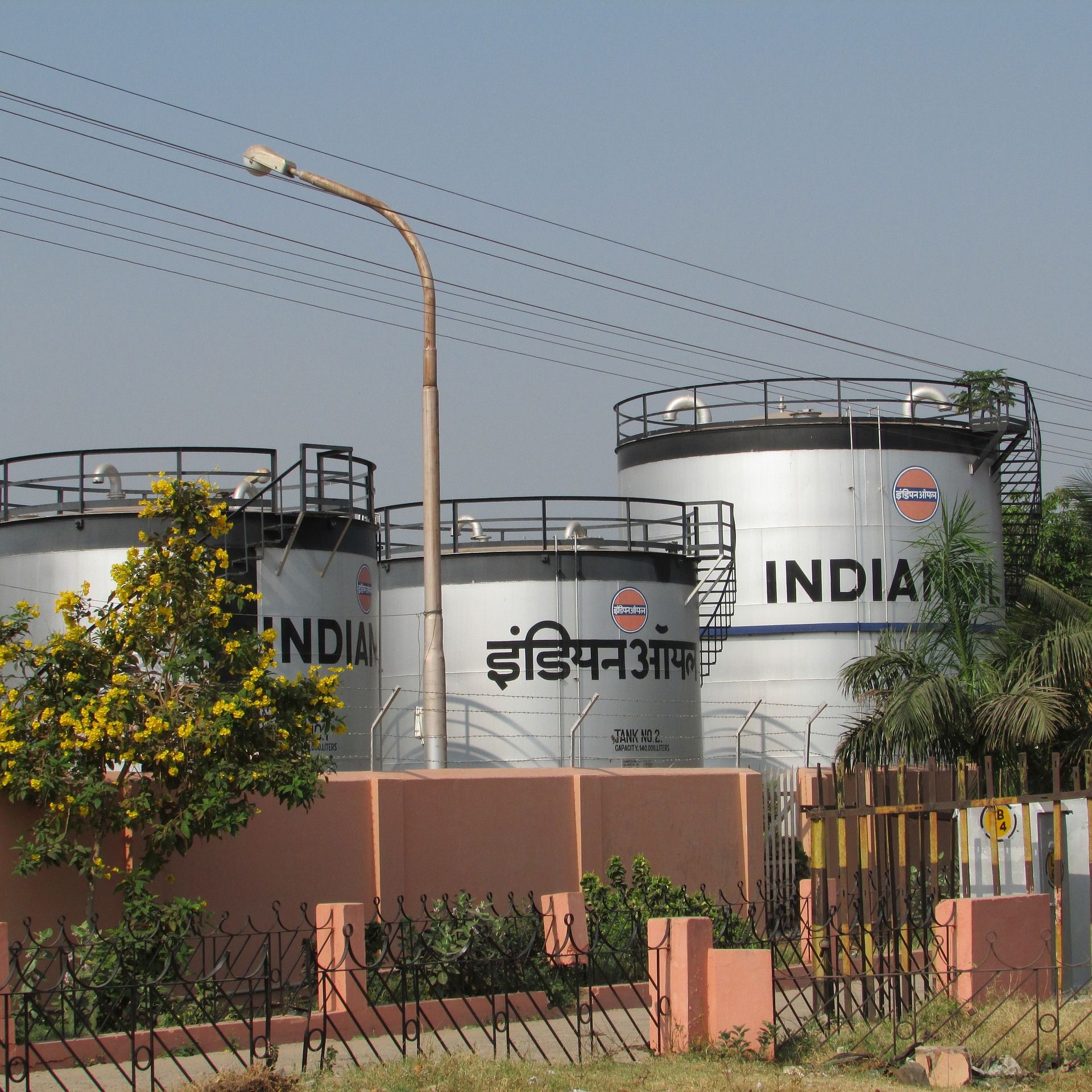business resources
How to Safely Store Diesel Fuel for Your Business Purposes
4 Dec 2024, 4:00 pm GMT
As reliance on diesel fuel continues to grow for various industries, safe storage practices become paramount. Mismanagement can lead to hazardous spills, fires, and explosions, endangering people and the environment. However, effective storage strategies mitigate risks and ensure fuel quality over time and regulatory compliance. This article delves into essential practices for safely storing diesel fuel in a business context, ensuring your operations run smoothly without costly incidents.
Invest in Quality Storage Tanks
The first step in diesel fuel storage is choosing high-quality fuel storage tanks designed specifically for this purpose. These tanks must comply with industry regulations and standards to minimize the risk of leaks and spills. Properly constructed tanks often feature double-walled designs and can withstand the harsh conditions of storing diesel fuel.
In addition to quality, ensure your tanks have monitoring systems to detect leaks or irregularities. This proactive approach can save you from catastrophic failures. Storage tank suppliers at Unity Fuel can provide advanced monitoring solutions tailored to your needs, ensuring real-time tank performance tracking. These systems enhance safety and improve efficiency by alerting you to potential issues before they escalate.
Maintain an Appropriate Location
Location is critical when it comes to diesel fuel storage. Storing fuel near high-traffic areas, flammable materials, or poorly ventilated spaces increases the likelihood of accidents. Ideally, tanks should be located away from buildings, roads, and utility lines to minimize potential damage in case of spills or explosions. Additionally, consider installing protective barriers or fencing to prevent unauthorized access and accidental damage to the tanks.

Select a site that has excellent drainage and is less prone to flooding. This will protect your diesel from water contamination and make cleanup easier if a spill occurs. Always consult local regulations regarding the distance requirements for tank placement, ensuring full compliance with safety laws. Implementing regular site inspections can further ensure the area remains safe and adheres to compliance standards.
Implement Comprehensive Training Programs
Training is an integral part of safe diesel fuel storage. Employees responsible for handling fuel should undergo comprehensive training programs that cover best practices and emergency response protocols. This helps to cultivate a culture of safety within your organization and equips workers with the knowledge to handle diesel safely.
Incorporating practical exercises into training programs helps employees handle real-life scenarios with confidence. Regular refresher courses are essential to reinforce safety principles and maintain a high level of preparedness. These sessions also ensure that staff remain informed about new regulations and technological advancements. Such measures contribute to safer and more efficient fuel storage practices.
Conduct Regular Inspections
Regular inspections of diesel storage tanks can reveal potential issues before they escalate into major problems. Consider establishing a routine inspection schedule that includes checks for leaks, corrosion, and proper functionality of safety measures such as alarms and automated shut-off systems. Identifying and rectifying these issues promptly can save your business time and money.
These inspections should also encompass reviewing operational and maintenance logs. Ensuring all procedures are documented maintains accountability and provides useful insights for future improvements. By fostering a culture of vigilance, you can significantly enhance the overall safety of your diesel fuel storage.
Ensure Adequate Ventilation
Proper ventilation is essential for safely storing diesel fuel, as it prevents the accumulation of flammable vapors. Effective airflow helps hazardous fumes disperse, minimizing the risk of fires or explosions. Installing vents on storage tanks is a key measure to maintain safe conditions. Additionally, ensuring the surrounding area promotes free air circulation further enhances safety.
Moreover, keeping the storage area clean and free of unnecessary combustibles minimizes fire hazards. Regularly check the ventilation system to ensure it is functioning correctly, and consider consulting a professional if you suspect any issues. A well-ventilated environment is key to safeguarding your business from fuel-related accidents.
Utilize Secondary Containment Systems
Secondary containment systems, which may include bunds or secondary tanks, add an extra layer of protection against leaks and spills. They are designed to capture any diesel fuel that may exit the primary storage tank. Implementing these systems can significantly reduce the environmental impact of a fuel spill and protect surrounding soil and water sources.
Furthermore, ensuring your secondary containment setup complies with local regulations will greatly enhance your liability protection. Familiarize yourself with relevant environmental regulations to promote best practices in fuel storage. Investing in these systems can ultimately safeguard your business operations and the surrounding community.
Implementing these diesel fuel storage methods will help promote a safer working environment for your staff while ensuring compliance with safety regulations. The benefits extend beyond safety, enhancing your organizational reputation and contributing to sustainability. Considering the complexities and responsibilities involved in fuel storage, it is prudent to regularly review and upgrade your procedures to align with best practices.
Share this
Arthur Brown
Writer
A dad of 3 kids and a keen writer covering a range of topics such as Internet marketing, SEO and more! When not writing, he's found behind a drum kit.
previous
5 Ways Real-Time GPS Tracking Can Optimize Your Logistics Operations: Improving Efficiency and Accuracy
next
Advancing Sustainable Finance in Thailand: Opportunities and Challenges